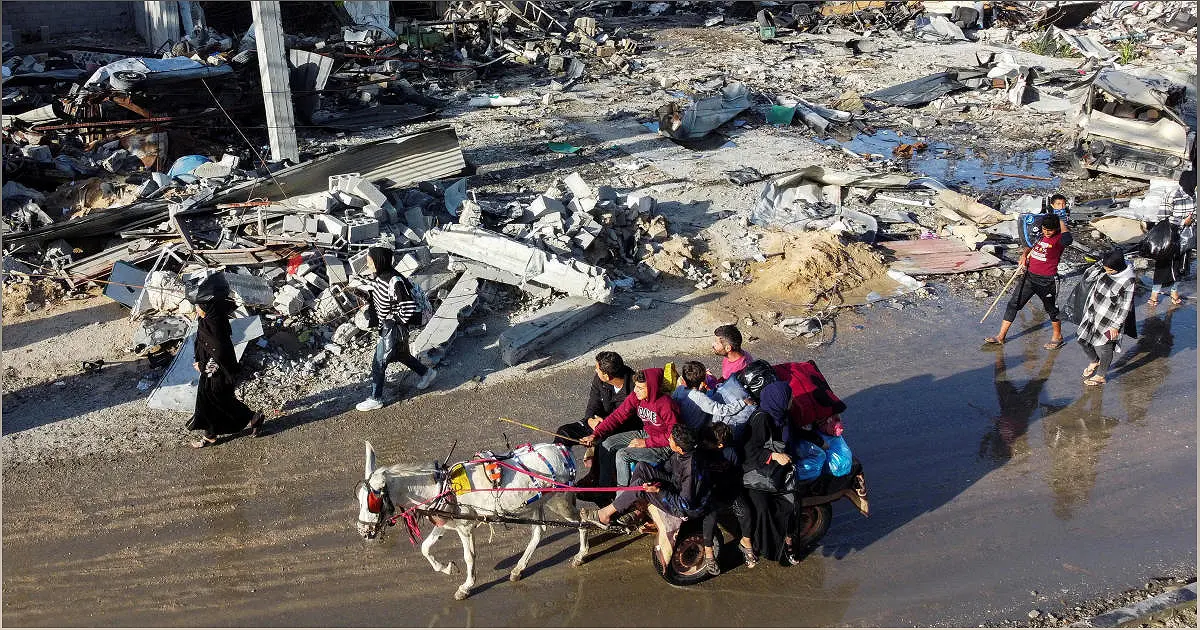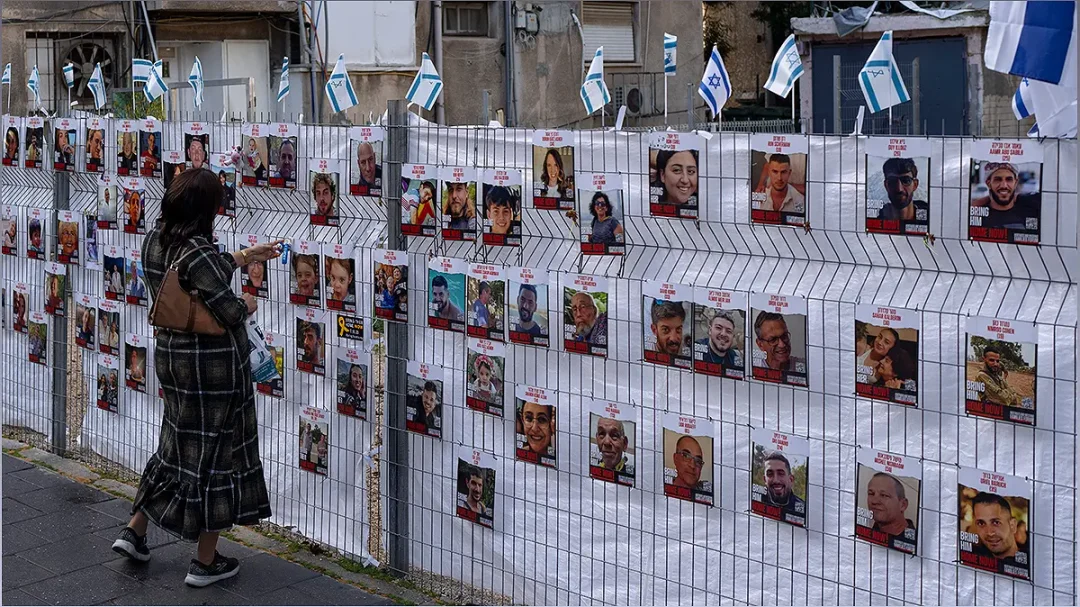An initial four-day cease-fire has been implemented in the war between Israel and Hamas, marking a significant development in the ongoing conflict. The cease-fire aims to facilitate the release of hostages held by Hamas and the release of Palestinian prisoners held by Israel. This article provides updates on the current situation and the potential outcomes of this temporary truce.
Cease-Fire Takes Effect in Israel-Hamas Conflict
An initial four-day cease-fire has been implemented in the Israel-Hamas conflict, marking a significant development in the ongoing hostilities.
The long-standing conflict between Israel and Hamas has entered a new phase with the implementation of a four-day cease-fire. This temporary truce aims to provide a window of opportunity for negotiations and the release of hostages held by Hamas.

While the cease-fire offers a glimmer of hope for a peaceful resolution, tensions remain high as both sides remain cautious. The international community is closely watching the situation, hoping for a breakthrough in the protracted conflict.

Hostage Releases and Prisoner Swaps
The cease-fire agreement includes provisions for the release of hostages held by Hamas and the release of Palestinian prisoners held by Israel.
As part of the cease-fire deal, Hamas is expected to release at least 50 hostages who were kidnapped during their assault on southern Israel. These hostages, including women and children, have been held captive for weeks, causing anguish and distress to their families.
In return, Israel has agreed to release 150 Palestinian prisoners, most of whom are women and children, from its prisons. This exchange of prisoners is seen as a significant step towards building trust and fostering a more peaceful environment.
The Red Cross will be involved in the handover of hostages, ensuring their safe release. The exact location of the handover is being kept secret for security reasons.
Challenges and Hopes for Lasting Peace
While the cease-fire brings a temporary pause in the conflict, challenges remain on the path to achieving lasting peace.
Although the cease-fire is a positive development, there are significant challenges that need to be addressed for lasting peace. The underlying issues that have fueled the conflict, such as land disputes and political tensions, require comprehensive and inclusive negotiations.
Furthermore, the release of hostages and prisoners is just the first step towards reconciliation. Rebuilding trust and creating an environment conducive to peaceful coexistence will require sustained efforts from both sides.
Despite the challenges, there is hope that the cease-fire can serve as a foundation for future negotiations and pave the way for a peaceful resolution to the Israel-Hamas conflict. The international community must continue to support and encourage dialogue between the parties involved.